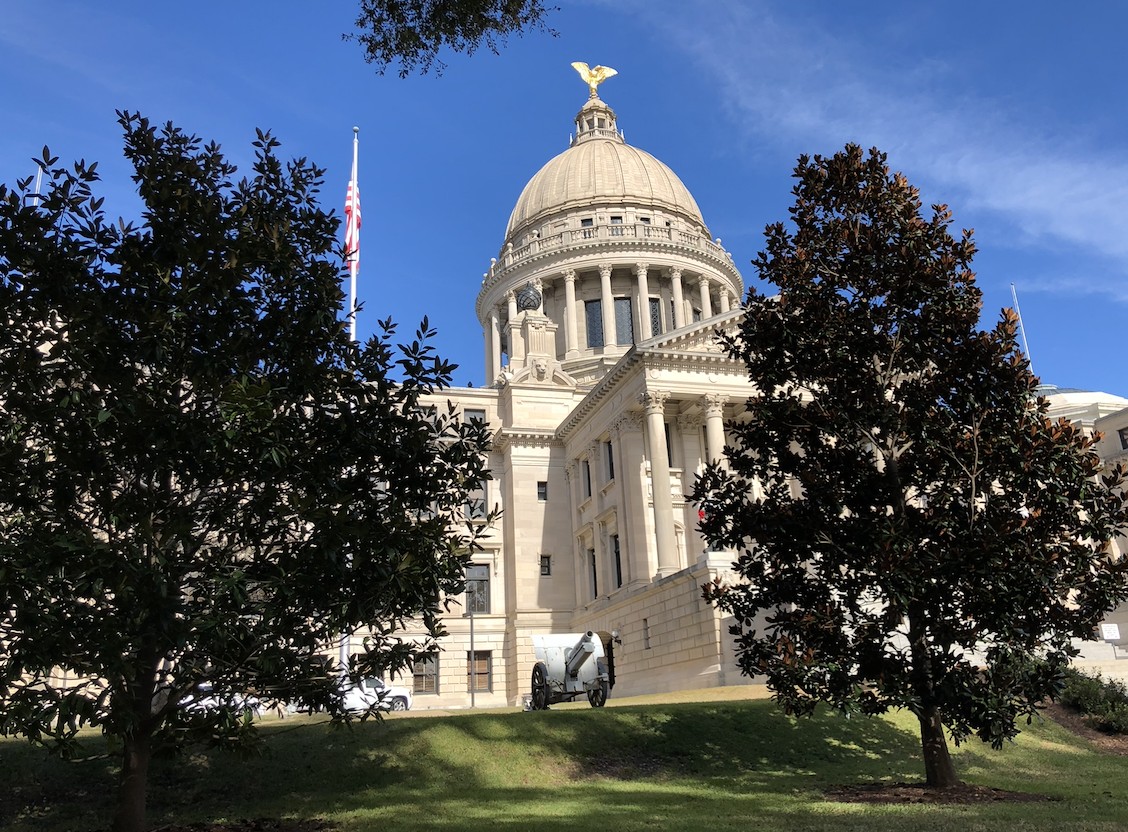After the House passed the ‘Mississippi Broadband Enabling Act’ last week, the Senate took the bill up on the floor this morning and sent it to Governor Bryant’s desk with a unanimous vote.
The bill, originally authored by Speaker of the House Philip Gunn, will allow rural electric cooperatives to offer internet service to their areas, in addition to their current services. This will change a decades-old law that has prohibited this action, and until now, Mississippi was the only state that did not allow co-ops to offer internet services.
The bill simply allows for co-ops to offer broadband service, and it does not mandate that they offer it in their service areas. A breakdown of the bill can be seen below.
- Every Electric Cooperative of Mississippi (ECM) is authorized to provide broadband services via an affiliate company.
- ECMs cannot use revenue from energy sales to subsidize broadband ventures.
- Before broadband may be offered, each ECM must conduct an economic feasibility study and develop a plan showing how the ECM proposes to provide broadband service to its customer.
- ECMs cannot require any person to purchase broadband services, and the purchase of broadband services cannot be a condition to continuing to receive electric power service.
- ECMs must conduct an annual audit to ensure compliance with the law.
After the bill was passed, Lt. Governor Tate Reeves said that this bill will have a far-reaching impact across the state.
“The long-term success of rural Mississippi depends on connectivity and access to faster Internet services,” Reeves said. “Enabling more competition will lead to our local communities attracting more jobs and help Main Street retailers and producers sell their products to the world.”
Senator Sally Doty, the Senate Energy Committee Chair, said that while the bill is a significant step forward, it may take some time before communities see the benefit.
“This is not going to be instantaneous,” she said. “The fiber that is required to be installed is extremely expensive, so I don’t think our co-ops can do it all at once. They’re going to have to borrow the money for this asset and it will be done in phases. It could take several years.”
Senator John Horhn (D) brought up a similar concern that was brought up in the House regarding the lack of minorities and women on co-op boards across the state. Doty added that amendments made on the House floor to increase awareness of local co-op elections will address that issue.
The bill was passed without any additional amendments from the Senate.




